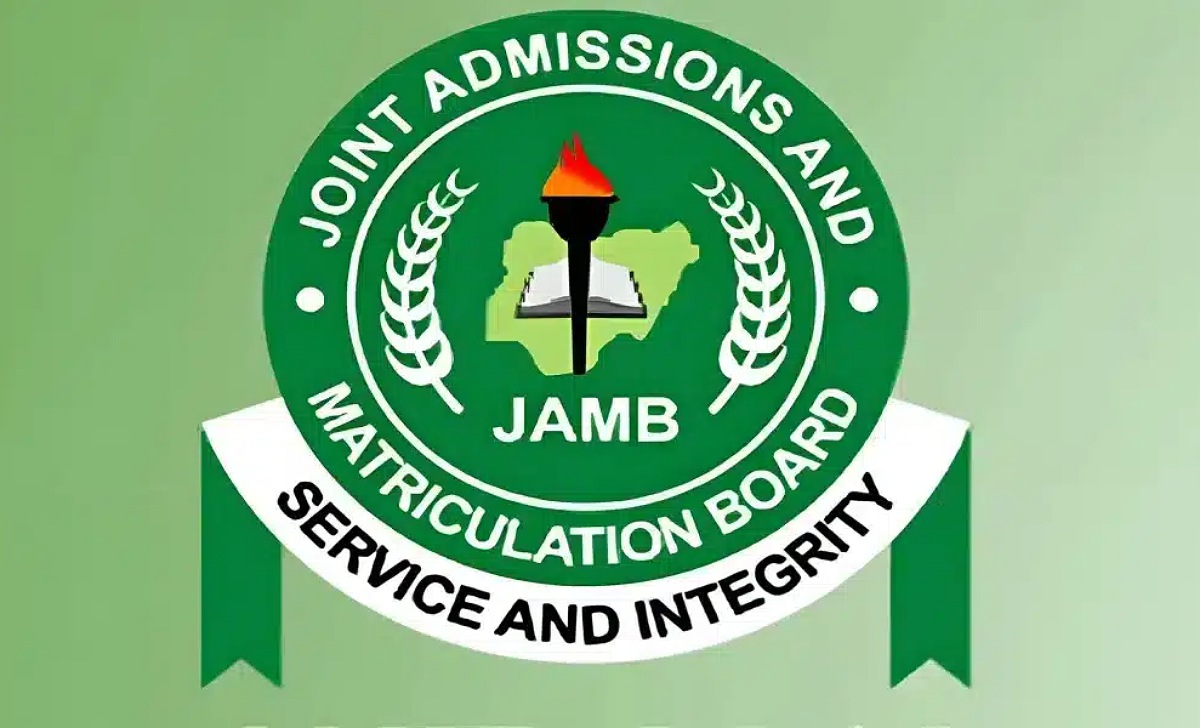The Joint Admissions and Matriculation Board (JAMB) examination is a critical step for Nigerian students aiming for higher education.
While Mathematics is a compulsory subject for many courses, numerous exciting and rewarding fields of study do not require it as a core subject in JAMB.
This comprehensive guide explores these courses, providing valuable information for students who may not have a strong affinity for Mathematics or who wish to pursue careers in other areas.
JAMB Subject Combinations
Before delving into specific courses, it’s important to understand how JAMB subject combinations work. Each course has a set of required subjects, and these combinations vary depending on the institution and the specific program.
While Mathematics is mainly for science-related and some social science courses, it’s often not a requirement for arts, humanities, and certain social science disciplines.
Also Read: Courses That Require Mathematics in JAMB
Categorizing Courses That Typically Don’t Require Mathematics
We can broadly categorize courses that usually don’t require Mathematics in JAMB into the following groups:
- Arts and Humanities: These disciplines focus on human culture, history, language, literature, philosophy, and creative expression.
- Social Sciences (Specific Areas): While some social sciences like Economics and Accounting require Mathematics, others emphasize qualitative research, analysis, and interpretation, minimizing the need for advanced mathematical skills.
- Education (Specific Areas): Education courses related to arts, humanities, languages, and some social sciences typically do not require Mathematics.
List of Courses That Generally Do Not Require Mathematics in JAMB
It’s important to check out our JAMB brochure for all subject requirements. However, this list offers a general overview of course that doesn’t require Mathematics in JAMB.
1. Arts and Humanities:
- English Language/Literature: This focuses on the study of language, literature, and literary analysis.
- History: The study of past events, societies, and civilizations.
- Philosophy: The study of fundamental questions about existence, knowledge, values, reason, mind, and language.
- Religious Studies/Theology: The study of religious beliefs, practices, and history.
- Languages (e.g., French, Yoruba, Igbo, Hausa, Arabic, German): The study of foreign and indigenous languages, their structure, and their cultural contexts.
- Fine and Applied Arts: This encompasses various art forms, including painting, sculpture, graphic design, and textile design.
- Music: The study of musical theory, performance, and history.
- Theatre Arts/Performing Arts: This involves the study and practice of drama, acting, directing, and other aspects of theatre.
- Linguistics: The scientific study of language, including its structure, history, and acquisition.
- Mass Communication/Journalism: This focuses on media studies, journalism, public relations, and related fields.
2. Social Sciences (Specific Areas):
- Law: The study of legal principles, laws, and legal systems.
- Sociology: The study of human society, social behavior, and social institutions.
- Political Science: The study of government, politics, and political systems.
- Psychology: The study of the human mind and behavior. (While some statistical analysis is used, advanced Mathematics is not usually a core requirement for JAMB).
- Geography: While some aspects of Geography use statistics and spatial analysis, most programs do not require Mathematics in JAMB. Geography is more focused on human and physical environments.
- Criminology: The study of crime, its causes, and its consequences.
- International Relations: The study of relationships between countries and global issues.
3. Education (Specific Areas):
- Education (Arts/Humanities/Languages related): This includes programs like Education/English, Education/History, Education/French, etc. These programs focus on teaching these subjects at various educational levels.
- Early Childhood Education: This focuses on the education and development of young children.
Important Considerations
- Institution-Specific Requirements: Even within these general categories, some institutions might have specific requirements. Always check the JAMB brochure and the institution’s website for the most accurate information.
- Foundation Programs: Some foundation or pre-degree programs might require a basic level of Mathematics even if the degree program itself doesn’t.
- Postgraduate Studies: While Mathematics might not be required for undergraduate admission in these fields, certain postgraduate programs or research areas might involve statistical analysis or quantitative research methods.
Why Choose a Course That Doesn’t Require Mathematics?
Choosing a course that doesn’t require Mathematics can be a good option for students who:
- have a strong aptitude for languages, history, arts, or social sciences can focus on their strengths.
- Have different career aspirations: Many fulfilling and impactful careers in the arts, humanities, and social sciences do not require advanced mathematical skills.
- Find Mathematics challenging: For students who struggle with Mathematics, choosing a non-mathematical path can reduce stress and improve their academic performance.


![JAMB CAPS [year]/[nyear] Portal: How to Log In, Check, and Accept Your Admission Status 2 JAMB 5 4](https://sparobanks.ng/wp-content/uploads/2025/01/JAMB-5-4-150x150.jpg)